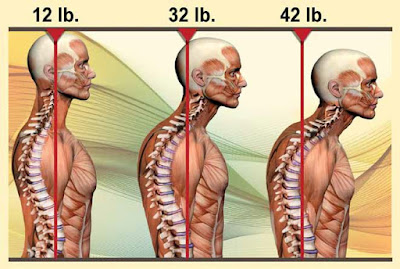According
to the various media
reports, Katie May, a well-known model dubbed “The Queen of Snapchat,”
suffered a trauma to her neck to which she sought care from a chiropractor.
According to news sources, her father has made remarks that suggest that her
chiropractic care played a role in her untimely death.
Here are some facts for your
consideration:
- Arterial
dissection of the cervical (neck) arteries is a very rare condition occurring
in 2-3 persons
per 100,000 population per year. As this condition often
produces neck pain and headaches, many times individuals will consult with
their health care providers for advice or treatment in response to the
discomfort.
- Whether
a person consults a medical doctor or doctor of chiropractic, stroke can follow
at an equal
rate regardless of the type of provider. Epidemiologic studies over many
years with millions of patients do not reveal any greater association of stroke
for persons under chiropractic care compared with persons under medical care.
- In
February 2016, a team of neurosurgeons at the University of Pennsylvania
Hershey Medical Center published research
concluding, “There is no convincing evidence to support a causal link between
chiropractic manipulation and cervical artery dissection (CAD).”
- Chiropractic
manipulation has shown to be safe,
effective treatment for neck, mid back and lower back pain. A comprehensive
review of scientific
evidence noted that there is as much evidence supporting chiropractic care
as for other treatments such as prescription and non-prescription drugs and
surgery.
The doctors at Life
in Motion Chiropractic and Wellness recognize that this is a sensitive subject
and we are presenting this information to you with the utmost respect for Ms.
May and her family.





